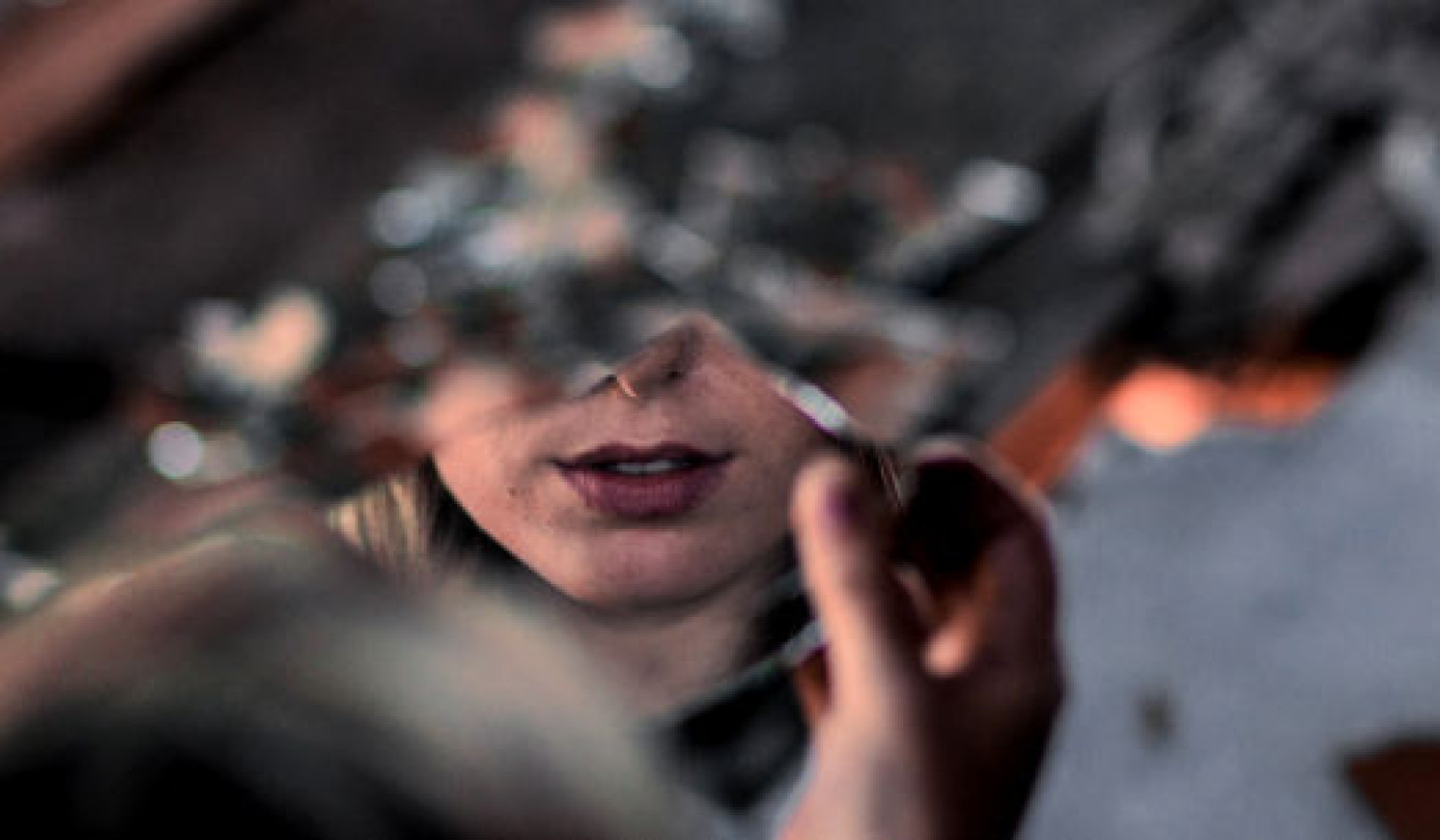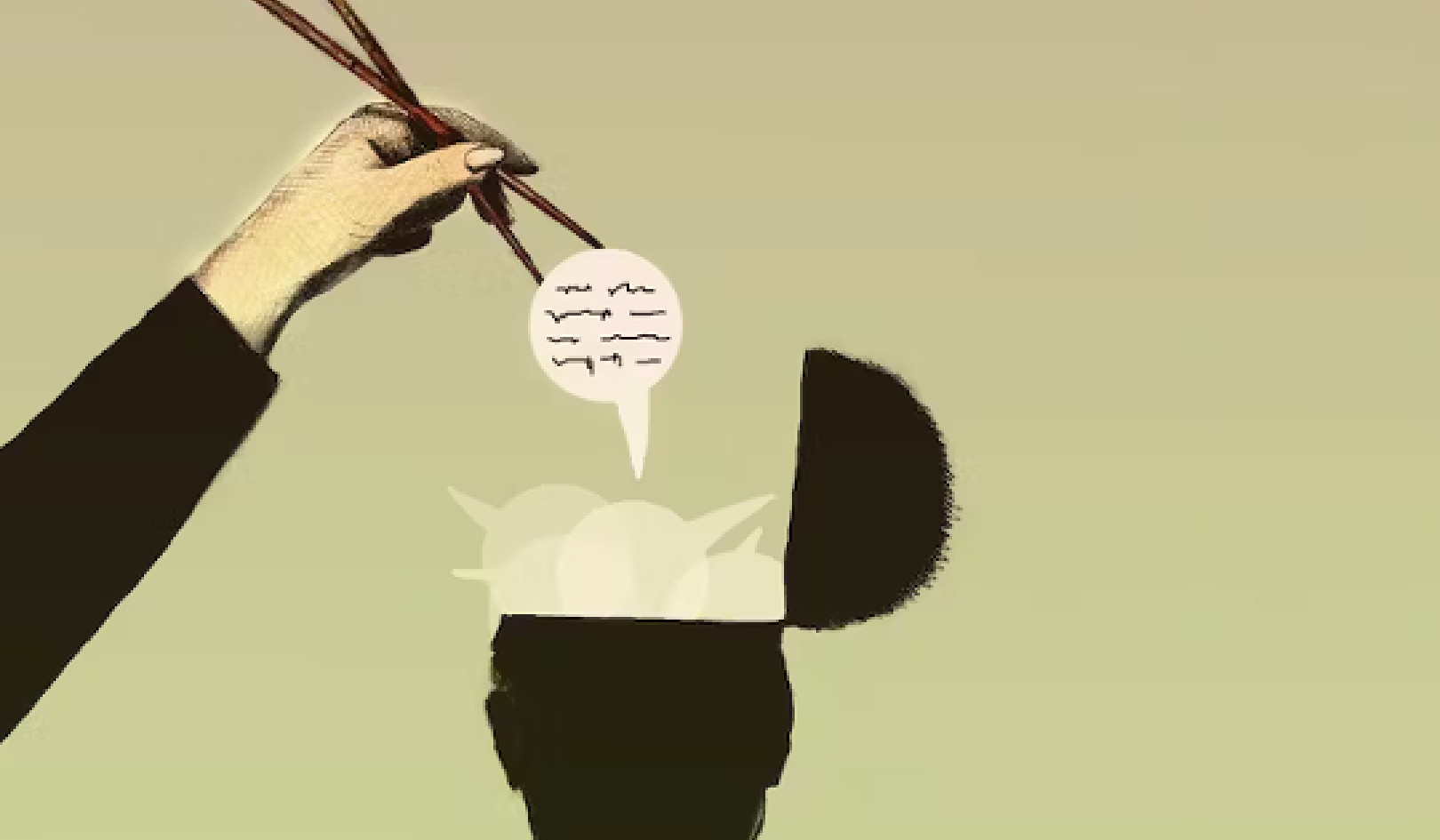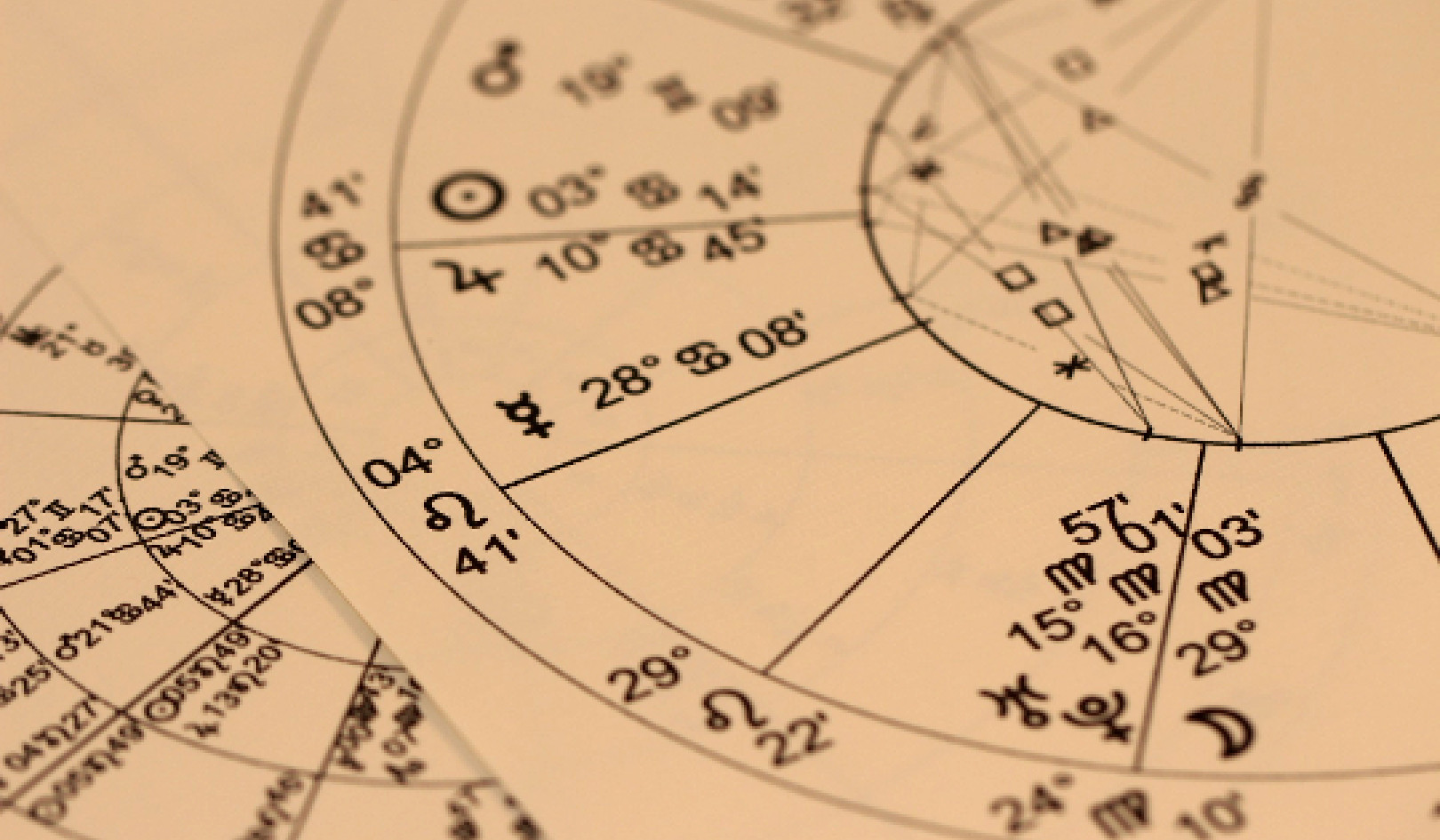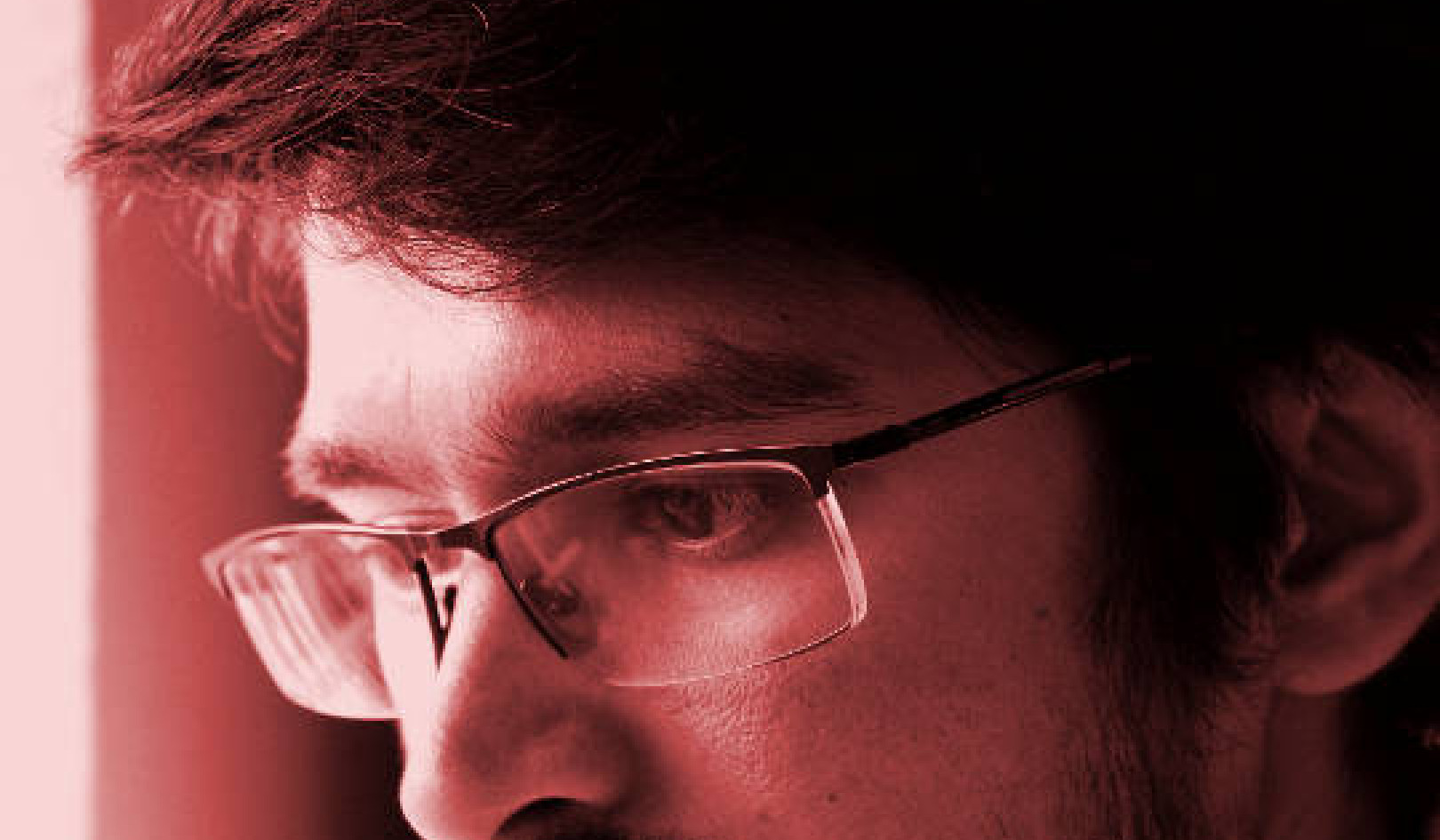
Only in my life’s rear-view mirror do I see that I began to write “The Un-Game” long ago. As a cross-culturally naïve eleven-year-old, my world was rocked upon my arrival in New York City with my immigrant family. The assault on my German mind-set felt like an earthquake snatching away all my precious, unquestioned certainty.
Butter was supposed to be unsalted, bread squish-resistant, and a sandwich open. Every American was supposed to be fiercely passionate about being an Olympic gold medalist. Those were the rules.
Cognitive dissonance. Conflict. Broken rules. My palate, used to sweet butter and hearty German rye bread, was offended by Wonder Bread. Ditto for piles of cold cuts, mayonnaise, lettuce and tomato hugged by those two slices of limp white bread.
And insult of insults: the American girls whose raison d’être was supposed to be sports—after all, Americans dominated the Olympic Games— why, they were more interested in football players, hot cars, and bras I was sure they didn’t need! The latter was anathema for a very certain and highly critical eleven year old German girl dubbed “tomboy” by her equally critical American counterparts who told her, “America, love it or leave it!”
Becoming A Conscious Observer
This then was my earliest training as an observer, a necessary skill for playing what I came to call the un-game. Americans saw their way as the only way—just as I assumed the German way was the only way until my parents put an ocean between my experience and me.
I then saw myself with new eyes and Americans as others might see them. I was the Other only for a short while, but I have never lost my appreciation for the power bestowed upon the observer.
In hindsight, the moment I first became a conscious observer was a moment of grace. It was an unasked-for gift I didn’t know I wanted. All of a sudden I had a much needed beginner’s mind. I was curious, alert, and attentive.
Having to start over almost from scratch to make sense out my new environment, I needed a beginner’s mind. Nothing was as expected. What had happened to all the givens? Cosmopolitan New York was not my provincial village in northern Germany.
Trying to Figure Out the Rules
If not with a hopeful heart, then at least with a quest for control over my own destiny, I used my newly acquired beginner’s mind to try to figure out American rules, then master them—knowing that breaking or bending the rules would be an option in the future.
I saw rules being broken all around me—rules that my young mind had previously believed to be incontrovertible. Butter wasn’t sweet anymore. And none of the American girls I came to know was passionate about becoming an Olympic champion.
I am my father’s daughter, and he intuitively understood my preoccupation with control and power over my own life. Coming to the new world, both of us had lost some. He told me, “If you want to lead, you first have to follow.” I listened, and so I dutifully followed the American rules.
There’s Got To Be More to Life Than This
In my early twenties I had a crisis of confidence, however. I became aware of an assertion that wouldn’t let me go. The assertion was “There’s got to be more to life than this.”
In other words, I knew there had to be more to life than the successful one—by conventional standards—I had created. I was educated, had good work, a sweet family, a nice house with a two-car garage and a riding lawn-mower.
This assertion was really a profound question: “What does a life lived with a purpose I consider to be a mighty one look and feel like?” A life beyond the boundaries of my narrow self-interest? One which is able to make a contribution to a greater good?
The question was not to be answered swiftly. It begged for ongoing reflection. And so, through the fruits born of observation, I reinvented how I played the game that was my own life. It is that which eventually got me on the path that has led me to the writing of this book.
Reinventing How We Play the Game Called Life
In “The Un-Game” I say “yes,” no longer shaking my head in profound vexation, to the assertion I made as a very young woman. Yes, there is more to life—be it at work, at home, at play, in the community.
I did have the power to reinvent how I played the game called life. Everyone does. We can change the rules, take nothing as a given; it’s all up for grabs. It’s the un-game. Heady stuff!
I’m certain that you too can play this game...with clear vision, purposeful focus, and—imagine this—even with ease. Would that be OK with you?
©2012 Ingrid Martine. All Rights Reserved.
Reprinted with permission.
Published by Your Leaders' Edge Press.
Article Source:
 The Un-Game: Four-Play to Business as Unusual
The Un-Game: Four-Play to Business as Unusual
by Ingrid Martine.
Click here for more info and/or to order this book.
About the Author
 Ingrid Martine’s conviction, “Learning should be fun and life-long,” has taken her from her native Germany, to academia, to corporate environments in North America. Her recognized expertise in adult learning, archetypal psychology, language, and leadership development is currently applied as an internationally certified executive and team coach. In The Un-Game: Four-Play to Business as Unusual, she seeks to empower her readers to accomplish their professional goals with clarity, focus, and ease. You can contact her at www.theungamebook.com
Ingrid Martine’s conviction, “Learning should be fun and life-long,” has taken her from her native Germany, to academia, to corporate environments in North America. Her recognized expertise in adult learning, archetypal psychology, language, and leadership development is currently applied as an internationally certified executive and team coach. In The Un-Game: Four-Play to Business as Unusual, she seeks to empower her readers to accomplish their professional goals with clarity, focus, and ease. You can contact her at www.theungamebook.com























